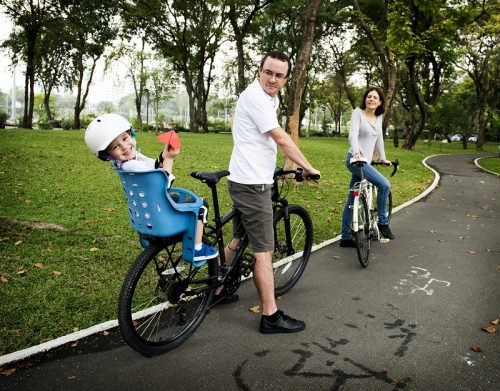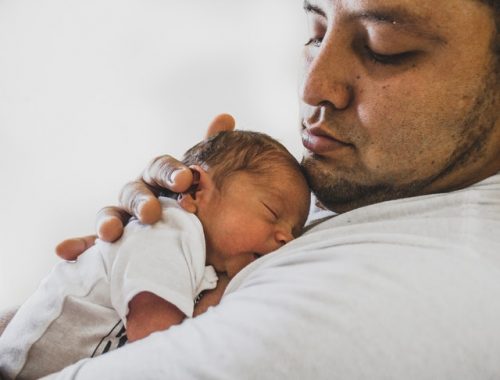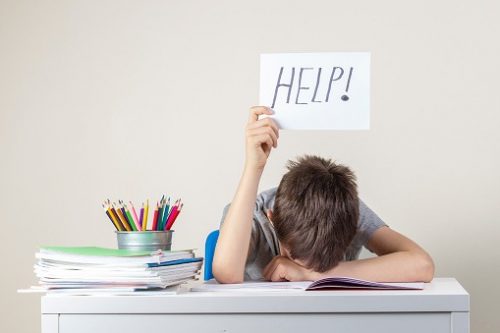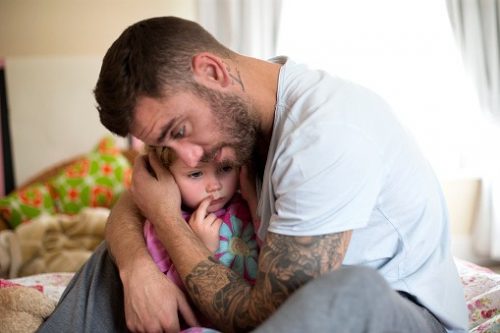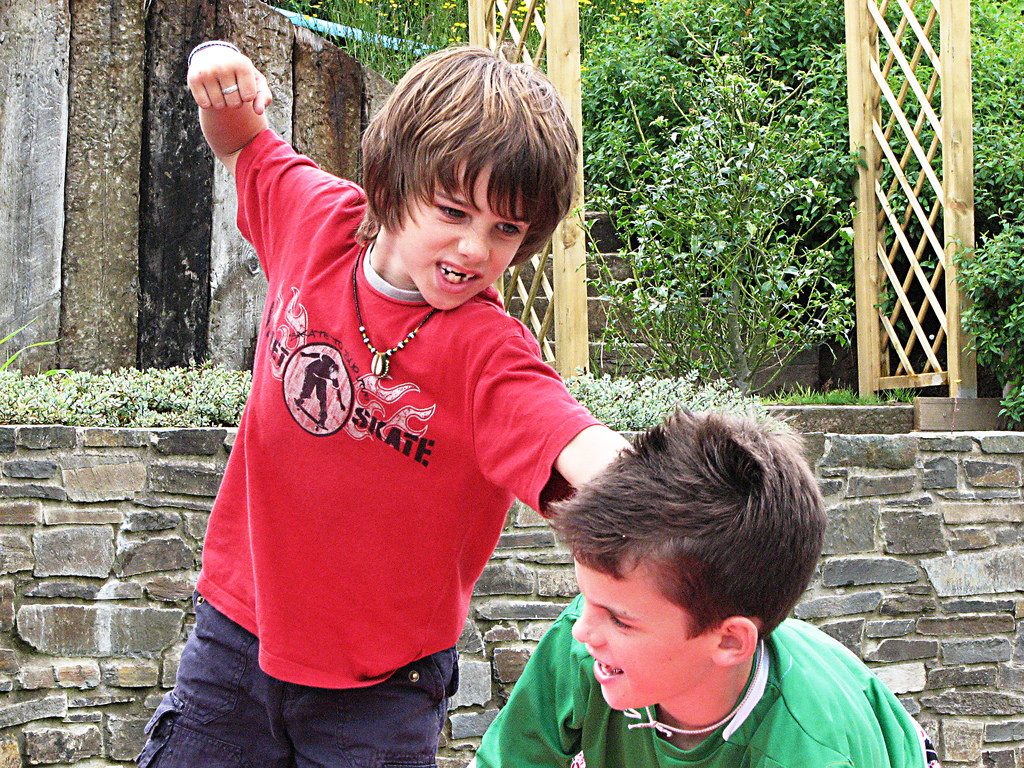We all understand what it means to be a single father household parent raising children, and we typically recognize and appreciate their efforts since we are aware of their ongoing struggles in managing things independently. The majority of single parenthood are single mothers, and there are always significant differences. However, single fatherhood is also becoming more typical in today’s society, although it is rare.

Handling Being A Single Father
According to the Census Bureau, undoubtedly, being a single dad and raising biological children is a roller coaster of emotions and experiences! The years will be full of their fair share of sentiments and struggles, with many highs and lows. Certain individuals might think that fathers are incapable of performing simple household chores, which sometimes makes the situation a little difficult. Fathers are, in fact, more than capable, kind, and trustworthy, in addition to being worthy and reliable.
Even though being a single parent might be difficult, there are strategies and counsel that can help dads like you be the greatest single parents you can be without the need for a marital status.
Be A Role Model For Your Kids
In the eyes of their children, other other single parents or the cohabiting partner, such as a mother and father, serve as their most important teachers and role models. Your children look up to you to be the role model and mentor in whatever they do. Although it’s an uphill task, you can accomplish it. As long as when making decisions, you have to consider them carefully and keep in mind that young children are always observing and taking in what you say and do. You must have a favorable influence on your kids’ growth and play a significant part in determining how they will live. You may teach your kids valuable adult life lessons by modeling virtues like accountability, decency, empathy, and perseverance. Their attitudes, convictions, and principles are shaped by their actions and conduct, and this has an impact on how they engage with people and handle different events in their lives.
Be Involved In Everything You Can
Like single mother households, a secure environment, emotional support, proper guidance, and active involvement can make a big difference in your kids’ overall growth, self-worth, and general well-being. Your affection, care, and uplifting influence can support children in developing and succeeding in various areas of life. Therefore, please make time to participate in their activities and learn about what they are interested in. Encourage the children to share their ideas and opinions by sharing yours as well. Understand about the kids’ circle. If you can, attend sports and performance events and keep track of their schedules. Through your actions, you demonstrate to them the importance of your involvement in their lives and your happiness to be a part of whatever it is they enjoy.
Establish Routines And Consistency
Children often find comfort in the structure and consistency that routines offer. With that, you have to set regular times for meals, bedtimes, tasks, and housework. Children learn about boundaries and feel more secure when expectations and discipline are consistent. You may discover that some of those customs are still crucial for you to maintain as a single father. Set priorities for the goals you have for your family. With that, creating new customs is acceptable when raising kids. As a single father, your life suddenly becomes different, and you form different values. However, to ensure your children are clear, adhere to the new rules and maintain consistency in your goals.

Master The Art Of Listening
Make a big effort to listen if you are the children’s sole parent or the one with whom they spend most of their time. Master the ability to listen well to ensure that your kids feel comfortable talking to you about any topic. It is essential that you have open communication and that your children can treat you as their close friends from time to time. Establish a rapport with them so that they know they can rely on you to listen to them. Engage in active involvement in your child’s life. Spend time with them on special occasions as well as regular activities. Be genuinely interested in learning about their interests, passions, and academic experiences. Talk to them meaningfully. In this manner, they could feel at ease sharing whatever mental and emotional issues they are going through.
Provide Emotional Support And Stability
Children’s development and flourishing require a secure and caring environment. As a single father, you have the chance to be an established and caring role model for the kids by being involved in their lives. They can overcome obstacles and develop resilience with your unwavering love, support, and encouragement. Foster open and honest conversation with your children. Establish a space where everyone can freely share their ideas, opinions, and fears without worrying about judgment. Actively listen to them, respect their feelings, and offer assistance as required.
Balancing Work And Parenting
While it’s important to support your children financially, it’s just as important to maintain a work-life balance and be available when they need you at times. Understandably, you might struggle to maintain a median adjusted annual income, and most socio economic indicators of your family needs require more. Usually, the task of a single dad is exhausting, and he can even reach to poverty line due to financial strain. In addition to being their family’s only provider, cohabiting single fathers frequently have to fulfill the duties of a caregiver even along the poverty level. It can be difficult to strike a balance between parental responsibilities and work obligations; it sometimes involves making compromises in a particular field to give the other priority. It isn’t easy to juggle holding a full-time job and being a single father. To help you achieve the balance you require, consider working some of your jobs from home or implementing flexible hours. Scheduling your time off in line with the kids’ academic breaks might also be beneficial.

Building A Strong Bond And Connection
In a single parent household, establishing a strong and reliable connection and relationship with your children is essential for their overall mental health. Your relationship can be strengthened by spending quality time together, doing things you enjoy, and paying attention to what your kids say and feel. Your children feel safe and cherished because of this association, which provides reassurance and encouragement. It’s simple to lose track of spending fun time with your children when transitioning to your new life as a single father. But you must be present to assist with homework, provide meals, and bond with your family while being consistent with single father households. They will recall the wonderful times you shared and how much you loved and appreciated them as they matured.
Be Selective About Who You Bring Around The Kids
Married parents do not always end up together forever. As you introduce your brand-new partner and your kids into your family, tell them they will still be at the core of your world. Make sure that the kids know that they are your main priority, and express this to any potential prospective companions. Assist the children in adjusting to the new situation as smoothly as you can, and make sure that the people you allow into your children’s lives are positive role models and influencers who will stick around. Make sure your kids are always surrounded by positive influences who will strengthen your family’s network and community.
Make Time For Yourself
You will have very little time to yourself if you are a single father. You won’t have many opportunities to recharge your own energy because of the kids, jobs, and everyday responsibilities of adulthood. Even though a single parent’s time is of the essence, scheduling self-care moments is equally vital. Learn what brings you concentration, helps you be your best self, and supports you in being calm and patient with your children. Remember that by putting your needs first, you are not a self-centered parent. You are a wise parent, after all; you understand that you can never offer your children everything you have while you are at your very lowest.
Encourage Personal Growth
Being a single father can lead to personal development as you focus on the life-changing event. It calls on you to learn new abilities, adjust to different circumstances, and grow in resilience, compassion, and patience. Overcoming obstacles in such single parent households can help you grow personally and become a more confident person. Recall that being an awesome single dad is an ongoing endeavor that calls for affection, commitment, and involvement. Acknowledge your mistakes, provide an apology when needed, and accept that no parent—single or not—is flawless. Try your hardest and remember that learning from mistakes is a necessary part of the process.
Challenge Stereotypes And Societal Expectations
In recent decades, since women or moms are typically expected to provide the majority of caregiving, single fathers living in a household often encounter cultural expectations and misconceptions. The emotional load and self-doubt may increase if you face criticism or concern about your parenting skills. It is crucial that you look for family, close companions, support groups, counseling, or therapy services that offer practical and emotional help. It’s challenging to be a single father, but having the correct support system in place can really help. To be the greatest caregiver you can be for your children, remember that facing and accepting these difficulties will assist you in navigating the parenting process with perseverance.
Final Thoughts
Raising your kids to the best of your abilities can be incredibly fulfilling, but being a single father presents its own set of difficulties. If you have the correct mindset, a strong support network, and a lot of effort, you can be a fantastic, competent dad to your kids. Give your children all the support, affection, and direction they require to develop into successful, secure adults. As for you, you have to do the same as well.
Being a single father is challenging, but it is not unachievable. Number of single dads can achieve remarkable things if they have support, co-parenting strategies, hope, and tenacity. Know that you always have the choice to seek support and assistance if you ever find yourself in a situation when life seems overwhelming and unachievable. Seek professional assistance if you’re feeling lost or depressed so that you may be the best version of yourself.




